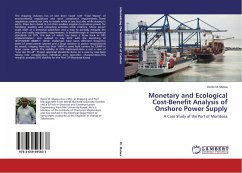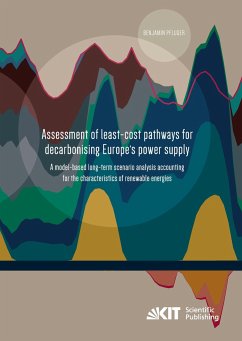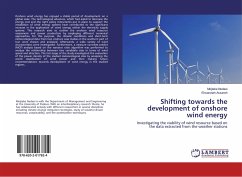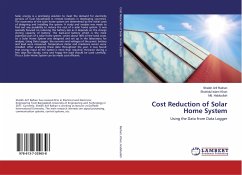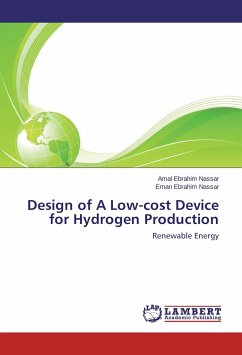The shipping industry has of late been faced with Tidal Waves of environmental regulations and strict compliance requirements. These regulations extend not only to vessels while at sea, but also while staying in ports. Ships burn diesel to run their auxiliary engines to produce power for hotelling, loading and unloading activities while onshore. Shore power avails itself as a potential substitute and a way to partially mitigate the strict and costly regulation requirements. A breakthrough in International standards on OPS, the lack of which has been a draw back in OPS implementation, was realized in July 2012 with the launching of IEC/ISO/IEEE 80005-1. Other challenges have been different frequency levels of vessel power systems and a large variance in power requirements by vessels, ranging from less than 1MW in some bulk carriers to 12MW in large cruise vessels. The viability of OPS implementation is not a case of one size fits all . Project appraisal should be done on a case bycase basis taking into consideration individual port operation characteristics.This research analyses OPS Viability for the Port Of Mombasa-Kenya
Bitte wählen Sie Ihr Anliegen aus.
Rechnungen
Retourenschein anfordern
Bestellstatus
Storno

